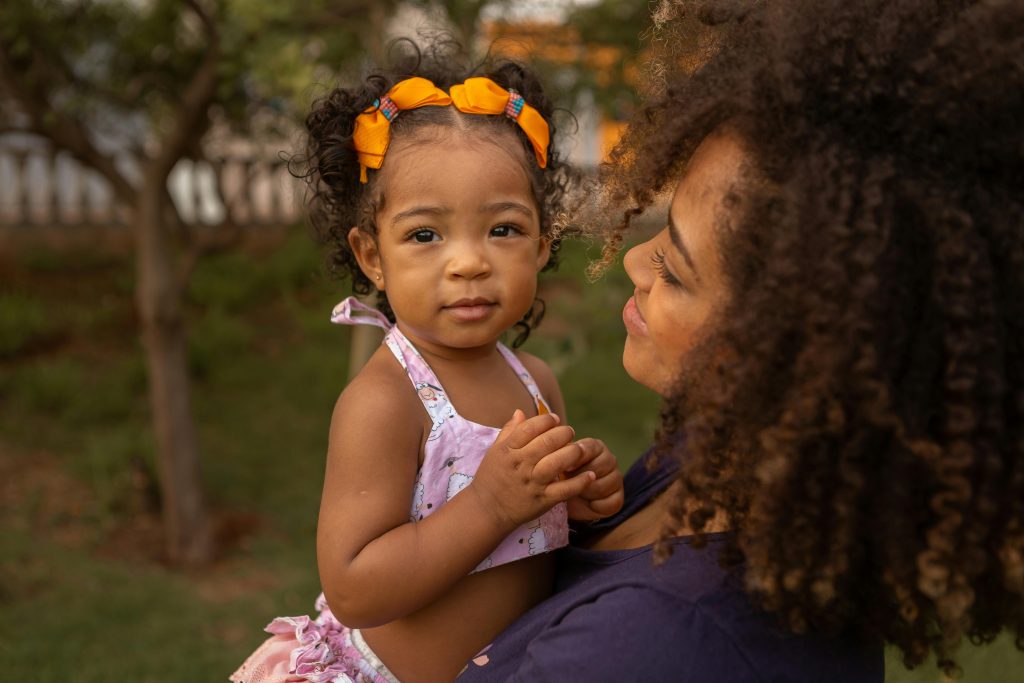Dear friends,
Earlier this month, more than 1,100 of you signed up for our webinar on What’s At Stake for Health Equity in the 2024 Election and How to Protect It. Registrants represented sectors from health care to government to CBOs to business, and settings including California, Texas, Georgia, Maine, and almost every state in between. The sheer quantity of that concern speaks volumes. Put simply, those of us who care about health equity are worried about what changes the election could bring. And we should be.
But generic worry gains us no advantage. The key to our power—and yes, we do have power—is first to develop our focus: distilling broad concern down to a set of concrete issues that reflect our highest priorities for protecting health equity.
The webinar, which HealthBegins co-hosted with the Health Equity Community Collaborative, helped us do exactly that, through the expertise and wisdom of three distinguished guests: Daniel E. Dawes, founding dean of the Meharry Medical College School of Global Health; Samantha Artiga, vice president and director of the Racial Equity and Health Policy Program at the Kaiser Family Foundation; and Anthony Wright, executive director of Families USA.
The panelists highlighted the stark policy differences between presidential candidates Kamala Harris and Donald Trump and the impact of increasingly polarizing Supreme Court rulings. And together, they identified critical priorities at risk in this election. These include:
-
Medicaid expansion, access, and coverage
-
Care access and coverage under the Affordable Care Act (ACA)
-
Maternal health
-
Abortion access and reproductive rights
-
Immigrant health and wellbeing
-
LGBTQ care
-
Healthcare costs and affordability
-
The chilling effect of anti-DEI initiatives on efforts to address equity and the social determinants of health
The panelists warned that if the election installs anti-equity leaders in state houses, Congress, and the White House, the potential implications could include: cuts to federal funding, the ACA, Medicaid, and Medicare; political and financial constraints on equity efforts; deepening inequities in access, care, and health outcomes; suppression of expertise within government agencies; rising healthcare costs; and undermining of financial sustainability for families.
Next, we can use that focus to drive our action, identifying specific strategies to defend what’s most at stake. The panelists also helped us envision how to do this, using our trusted voices within our communities to encourage civic engagement:
-
Anthony Wright urged us to tell “the story of hope,” to frame the election in terms of what we can achieve for health (pointing, for example, to the huge gains in coverage and care seen under ACA), not what we should fear (such as false propaganda about crime). The message, he said, is that “our health is on the ballot.”
-
“Lead with data,” Samanta Artiga advised. Stories of hope can spring from data on the impacts of health equity interventions, collected in collaboration with communities. “Don’t just use the data to show how there’s been progress for certain communities,” she said. “This progress helps improve the health and economic stability of our nation overall. So we’re really talking about improvement for everyone when we narrow those gaps.”
-
HealthBegins’ Election Engagement Guide provides tools to help Upstreamists open and build upon these civic conversations.
Thus rooted in clarity of focus and action, we can forge deliberate solidarity—meaning that all of us who believe in health equity, from healthcare executives to care providers to community advocates, belong in this work together. Through solidarity in both words and deeds, we combine our power with that of people and communities who are in harm’s way and most impacted by health inequities.
“We all need to be mindful of this myth of the zero sum,” explained Professor Dawes, noting that we’ve made significant recent gains in health equity because we harnessed the power of collaboration. “By not allowing opponents … to create division within our ranks, that will help to continue to set us on the path forward.”
Hope is the fuel that propels us along this path—and we have good reason to feel it. The webinar panelists’ wise advice was to keep your eye on the long game, see the progress we’ve already made, and take inspiration from the rising generation of advocates who are determined to move our nation toward equity. They noted that resistance can actually be a sign of progress
“We know that every time we have tried to move that needle, there’s always this retrenchment, this backlash that comes up,” said Professor Dawes. “We expect it. And yes, it is painful, but there’s no denying we’re making progress, and that’s why you see the opposition intensified. That is what gives me hope.”
Me too.
Best,

Rishi Manchanda, MD, MPH.
Featured content
How to Read the New Federal Dietary Guidelines as a Health Equity Advocate
The new Dietary Guidelines released by the Department of Health and Human Services not only run counter to established health standards, but also against health equity goals. Here are the the issues with these guidelines and what actions health equity advocates can take for better outcomes.
Small Practices Improve Health and Health Equity in Big Ways
The EQuIP-LA effort led to statistically significant health improvements and highlighted lessons that could help amplify the impact of small practices in advancing equity in more places.
Building Community to Improve Maternal Health: Lessons from Group Prenatal Care
HealthBegins supported health centers across the country to find new ways to make maternal health more equitable and effective. The solution was Group Prenatal Care—a means of fostering community as part of the care—and the outcome was nothing short of inspiring.



